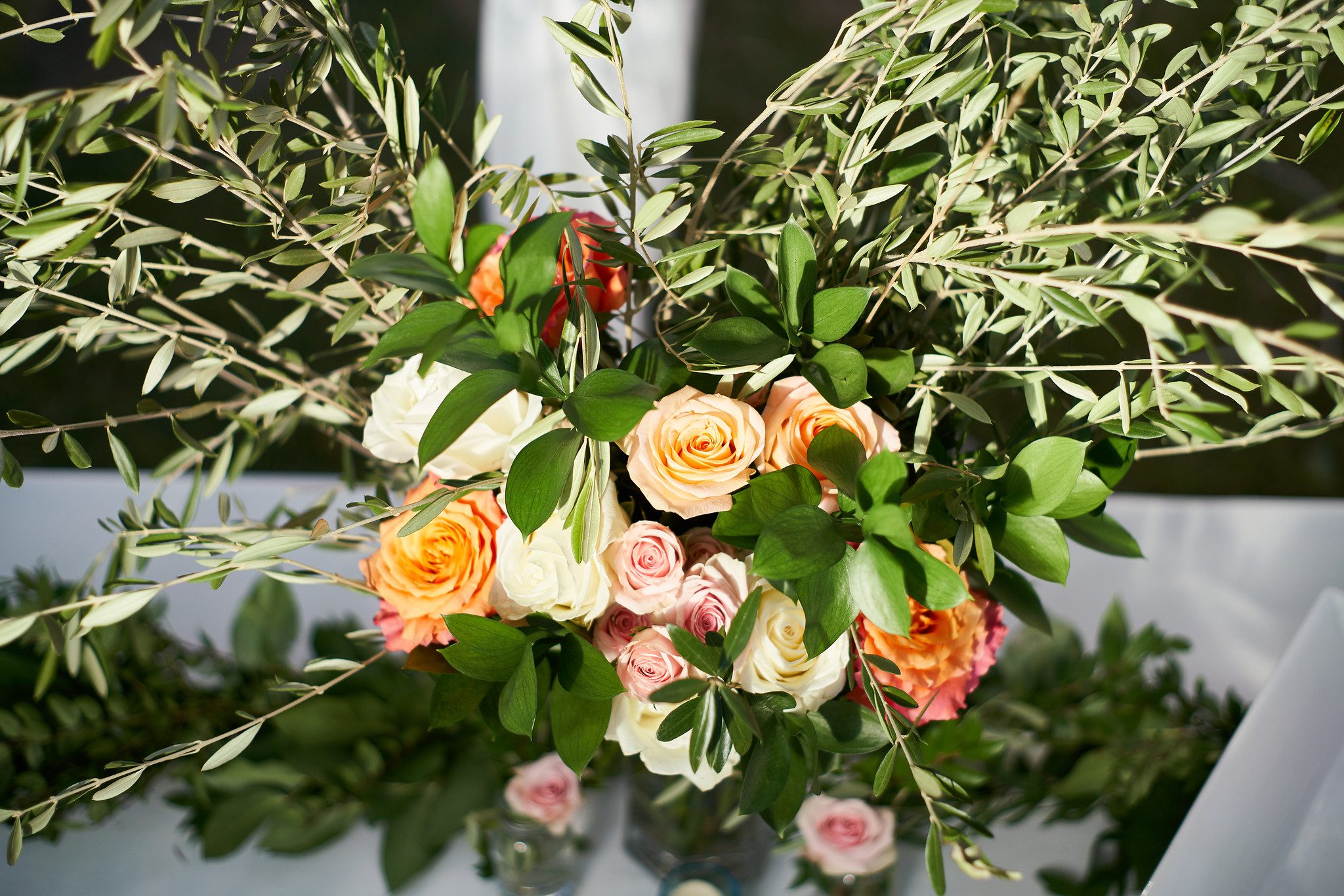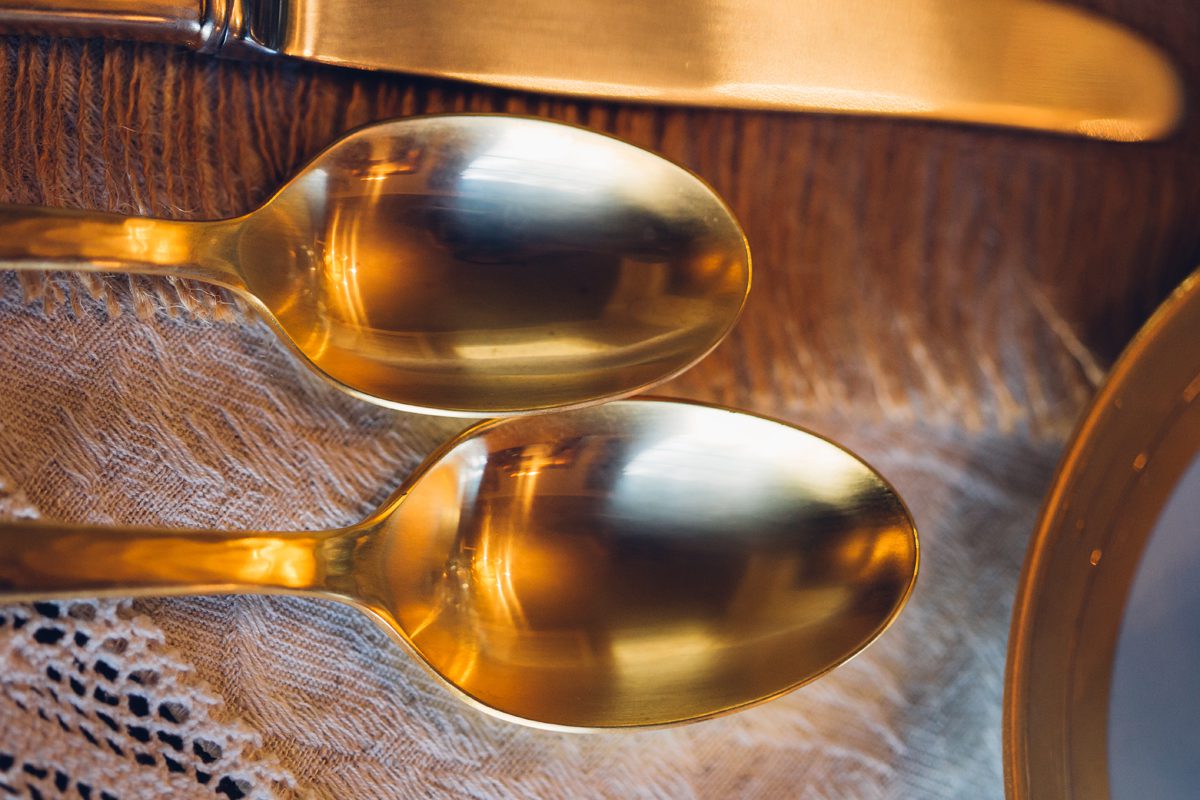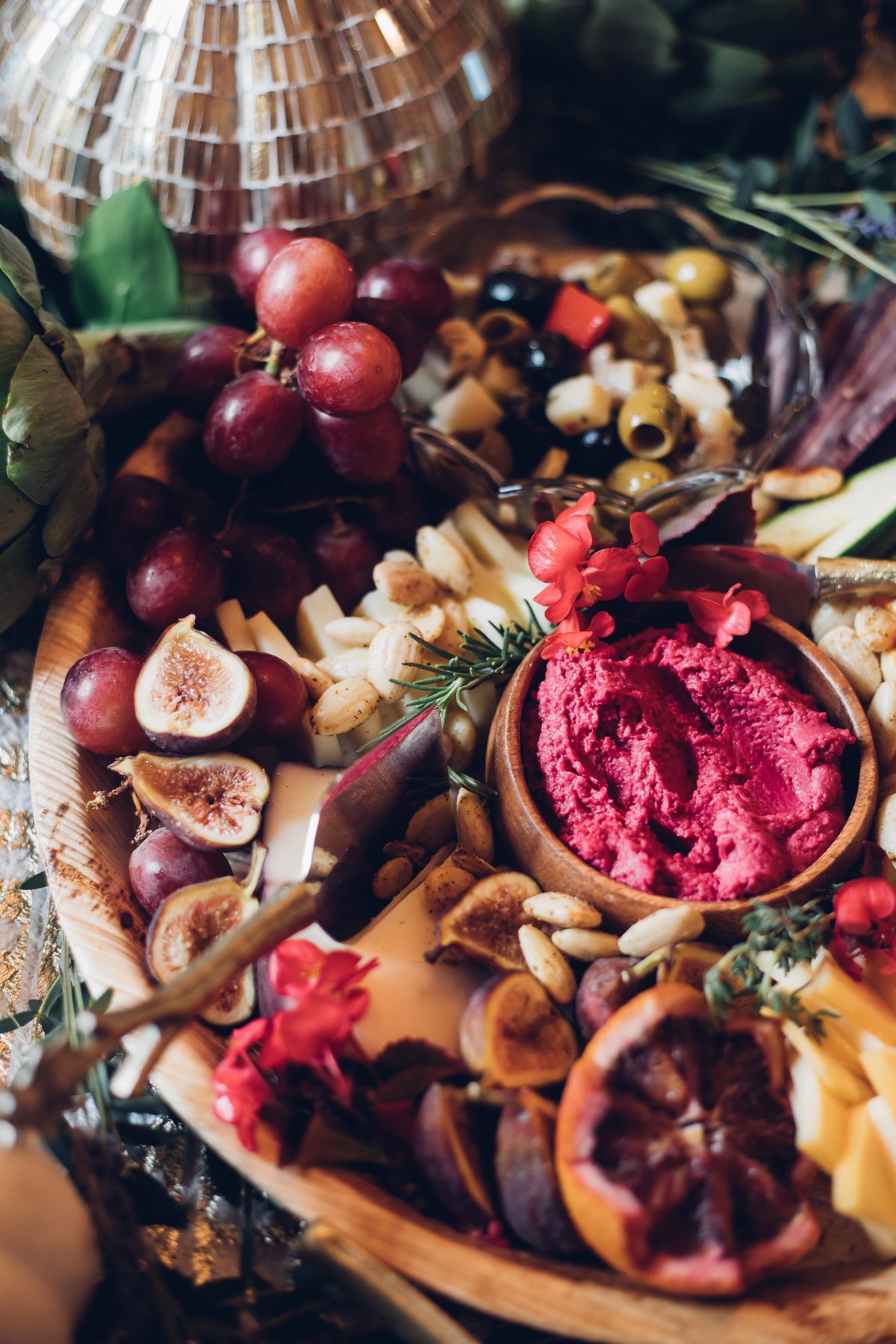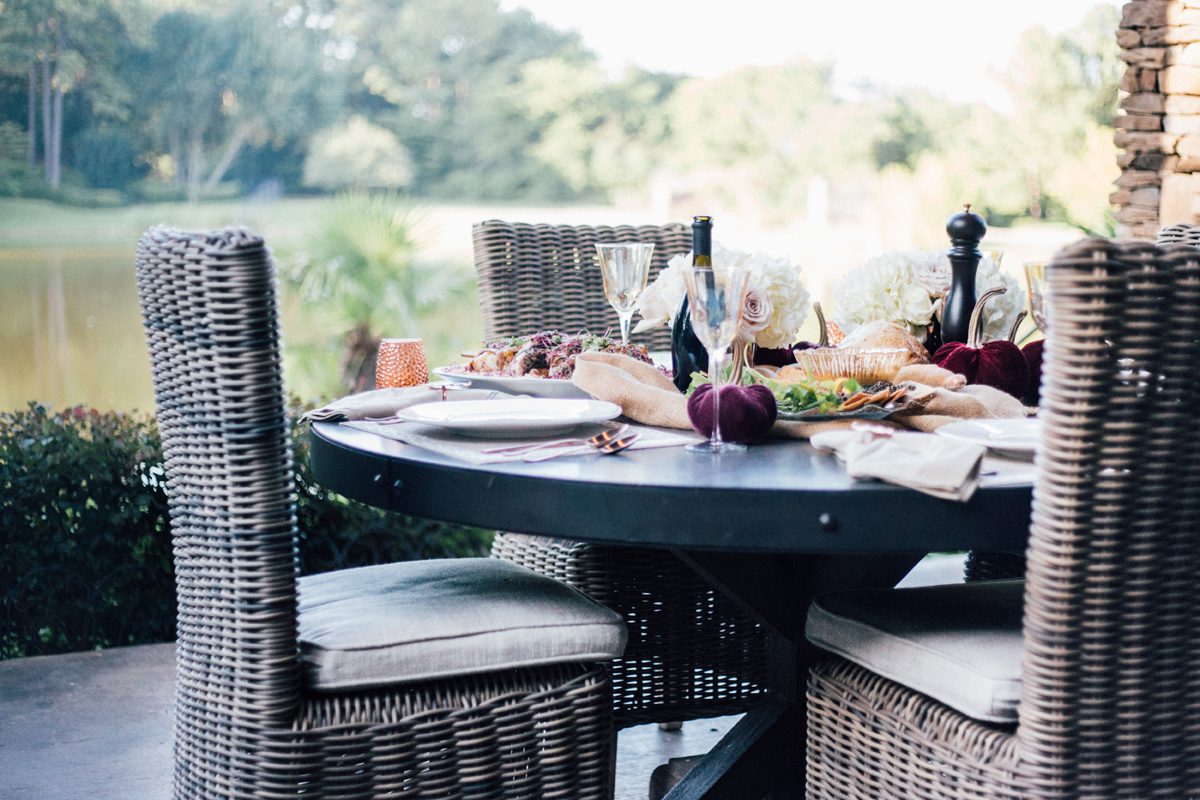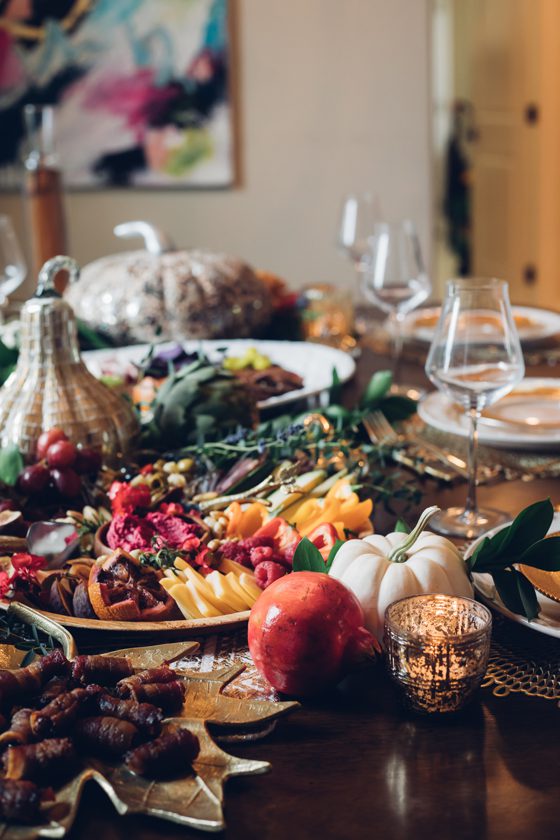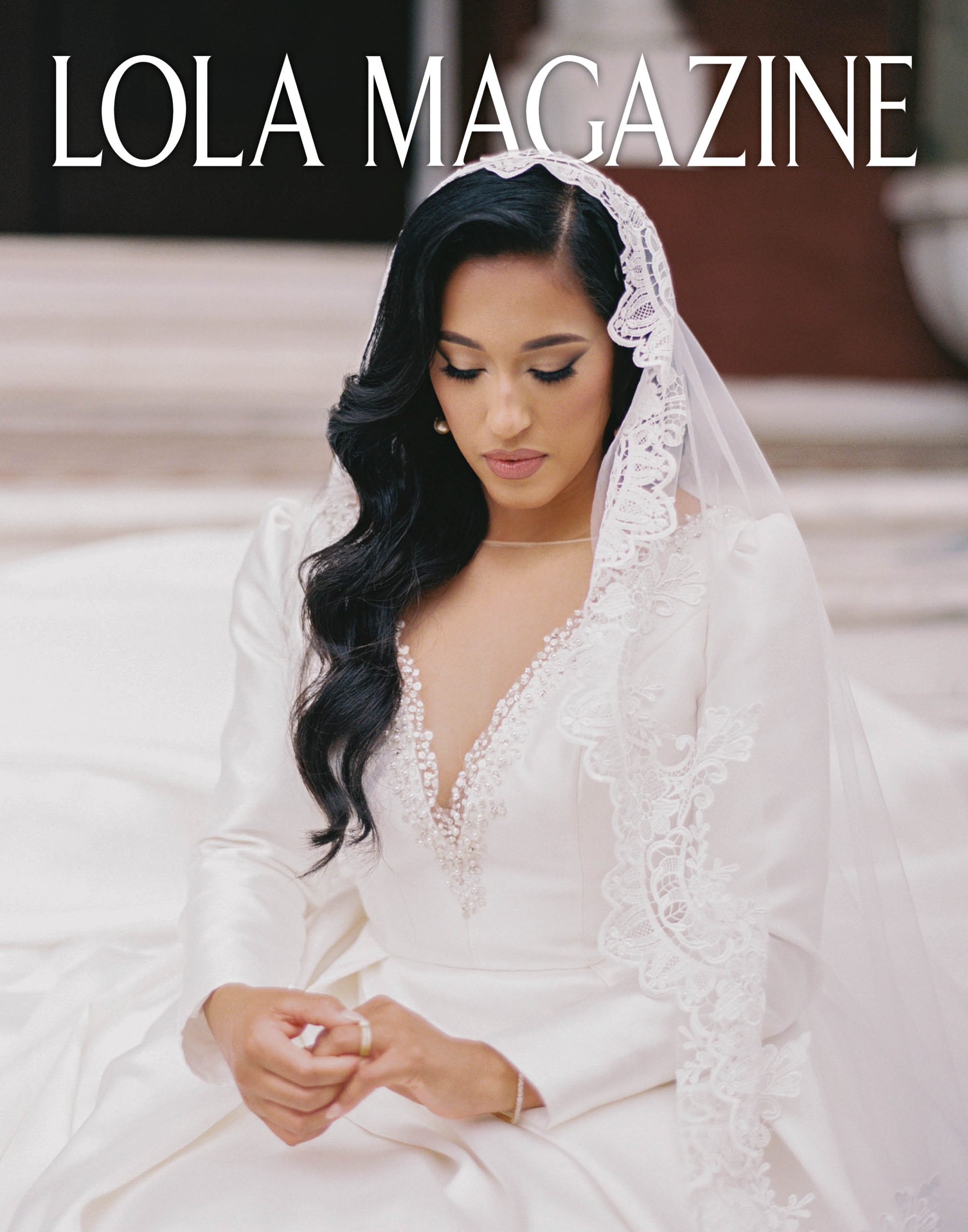Written By: Bridgette Brown-Green, Ed.D.
Photo Credit: Sandi Davis Photography
I’m a little embarrassed to admit it: I didn’t know I could get sunburned until I was 45 years old. One deceptively mild spring evening, I went out for a walk—something I do often to clear my mind and move my body. The sun was still hanging low in the sky, warm against my skin, and a light breeze made it feel more refreshing than dangerous. But after about 20 minutes, I felt a strange tingling on my forehead. At first, I ignored it. Then, I tilted my head to shield my face from the sun’s rays. That tingling soon turned to discomfort—and it dawned on me: I’m getting sunburned.
That moment was a wake-up call. I had grown up believing what many Black and Brown women are still taught: that our melanin is protection enough. That the richer our skin tone, the safer we are. I had lived 45 years under that assumption—and in that single walk, the myth burned away, quite literally.
The Myth of Melanin Immunity
Like many women of color, I’d heard the same messaging all my life: Black and Brown skin doesn’t burn. We don’t need sunscreen. Sun protection is for “other people.” I internalized these beliefs without question because I didn’t know better—and because no one around me was saying anything different.
Growing up in a rural community, our days were filled with outdoor play, from sunup to sundown. Sunscreen? That was never part of the routine. We were taught how to cleanse and moisturize—but not how to protect our skin from the sun. And looking back, maybe I did experience mild sunburn or irritation at some point. Maybe the signs were there, peeling, itching, uneven tone, but I had no framework for recognizing them as sun damage. They just became normal.
Cultural Conversations (or Lack Thereof)
Part of why this myth persists is because it hasn’t been publicly challenged often or loudly enough. Melanin does offer some natural protection, but it doesn’t make us immune. Sun damage may look different on darker skin, but it’s happening nonetheless. The real danger is in what we don’t see: the cellular damage, the gradual breakdown of our skin’s elasticity, and the elevated risk for late-stage skin cancer diagnoses, which are more common among Black women because we’re often diagnosed later.
Thankfully, things are changing. In my community, women now have greater access to health care and reliable information. There’s a rising awareness around skincare, particularly related to anti-aging and preventive care. Social media has also played a role in dismantling old myths and introducing new habits.


Representation Matters: Shifting the Narrative in Our Communities
I’ll be honest, it took effort to find the right sunscreen. Early on, most of the products I tried felt heavy, left a strange color on my skin, or simply didn’t feel like they were made for me. That lack of representation in the beauty aisle made me feel like sun protection wasn’t meant for Black and Brown women, and that’s a problem. The skincare industry still has work to do in making sun care more inclusive, accessible, and visible for all skin tones. We need more products designed with melanin-rich skin in mind, but even more than that, we need better education. Sun care should be part of every skincare conversation, every wellness article, every dermatologist visit regardless of complexion.
If I could speak directly to another Brown girl still holding on to the old belief that “we don’t burn,” I’d say: I used to think that, too. I know what it feels like to believe your skin is naturally protected. But I’ve also seen how that belief can lead to premature aging, dark spots, and even serious health risks. Wearing sunscreen isn’t about vanity, it’s about protection. It’s an act of self-love.
To truly shift the narrative in our communities, we have to keep having the conversation. Talk to your sisters, your mothers, your daughters. Share your favorite products. Post about it. Normalize it. Let sun care live right alongside haircare, makeup, and mental wellness in our everyday routines. And most importantly, support the brands, professionals, and creators who focus on us in the sun protection dialogue. They’re helping us rewrite the story – because Brown girls burn, too, and we deserve to be protected.
Sun Care is Self-Care


After that spring day, my routine changed. Sunscreen went from an afterthought to a non-negotiable. I now use a daily moisturizer with SPF, apply sunscreen to my arms and chest before my walks, and reach for sun-protective clothing and hats when I know I’ll be outdoors. And just as importantly, I also found products that actually work with my skin-no more chalky residue or white cast. I love brands like Black Girl Sunscreen and Neutrogena Ultra Sheer because they’re lightweight, effective, and made with melanin-rich skin in mind.
If you’re just starting to build your own sun care routine, here’s what I recommend:
- Swap your moisturizer for one with SPF 30 or higher.
- Choose sunscreen made for darker skin tones—no white cast, no excuses.
- Make it part of your morning routine—just like brushing your teeth.
- Don’t stop at your face—protect your shoulders, arms, chest, and hands.
- Use accessories like wide-brimmed hats, sunglasses, and light long sleeves for extra defense with extra style.
{A Final Word} I hope this story helps women. especially Black and Brown women, feel seen, informed, and empowered. I want you to know: you are not exempt from the conversation around sun safety. In fact, you are central to it. Your skin deserves protection. Your beauty is worth preserving. Your health is worth every ounce of prevention.
Melanin is magic…but even magic needs protection!
